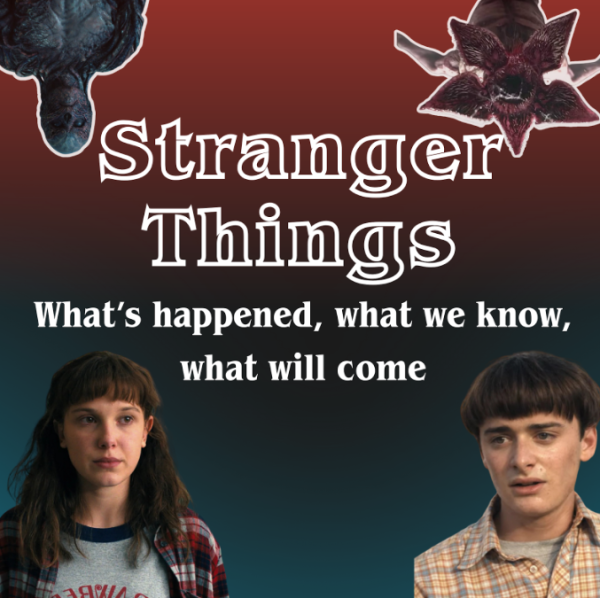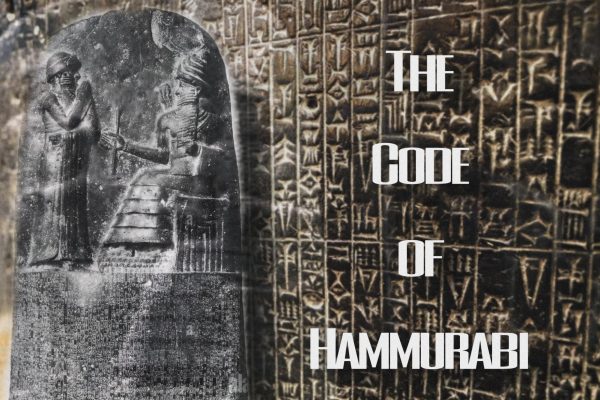Why Films Need a Stellar Score
Imagine this: you are alone, sitting in front of the grand projection screen in a movie theater auditorium. The intro starts up, but silence continues to fill your ears. Then, the movie progresses. There is still no sound besides the idle chatter of the protagonists. There is no romantic jazz between the two lovers during their sweet dinner scene, no discordant strings despite the on-screen suspense, and no fairytale flutes as the most magical scene plays out. Instead…a deafening silence.
Watching a movie without music would be a drastically different experience.
Unquestionably, the mood often depends on the music. From depressive to joyful or fearful to serene, the way a song flows can shift a scene’s entire atmosphere. For instance, the intense, percussion-packed beats of an action scene make the audience grip their seats and lean forward in anticipation. In contrast, a grave score written in a minor key is best for solemn scenes. A movie may even opt to play music for nearly its entire runtime — only to suddenly swap it for prolonged silence to magnify a scene’s significance.
There’s also no doubt that music enhances a storyline. Films like La La Land and A Star Is Born made their mark in viewers’ hearts, impossible without their memorable soundtracks. Critics praise such works for impeccable, almost hypnotizing, musical performances. Notably, even “silent” films feature music (known as “photoplay music”) to narrate their stories, which is a true testament to the importance of music. There is no doubt that dozens of great films hook the audience with captivating plots, but music reels them in.
Not to mention, when a specific sound is associated with a character, action, or event (called a “leitmotif”), a strong impression is made. A prominent illustration of a leitmotif is the “Imperial March” from Star Wars, an ominous piece synonymous with Darth Vader. The audience instantly knows to expect conflict versus the Imperial Empire after hearing the march’s beginning notes. Likewise, other iconic themes from movies like Jaws and Harry Potter have the uncanny ability to captivate fans and non-fans alike.
However, watching a movie with subpar music hinders a viewer’s enjoyment severely. Demonstrating this would be the Disney remake Mulan (2020), which cut essentially all of the fantastic songs like “Reflection” and “I’ll Make a Man Out of You” in exchange for generic stock music. The background tracks fit in any run-of-the-mill thriller without any notice. When one of the main appeals of Disney films is the catchy, nostalgic soundtrack reminiscent of childhood, the outrage against the decision to switch out classic hits for lifeless tracks is understandable.
For the most part, it doesn’t matter if the visuals are animated or if the plot is insanely bizarre; a seamless score should work in tandem with a film’s other qualities to immerse the audience. Whether the music brings a smile to their faces or moves them to tears, it should form a connection between them and the film. The possibility for connection wouldn’t be there with mere background silence. People should watch the credits roll, walk out of the theater, and go home with the twinkling remnants of lyrics and notes still lingering in their heads.
Now, I encourage you to take a moment to thank the composers behind your favorite compositions. Your favorite film could very well be the opposite without the handiwork of such masterful musicians.

Hello again, Quartz Hill! My name is Tiffani Pe, and I’ll be serving as an assistant Copy Editor for the QHHS Ubiquity. Being a senior IB student with...





